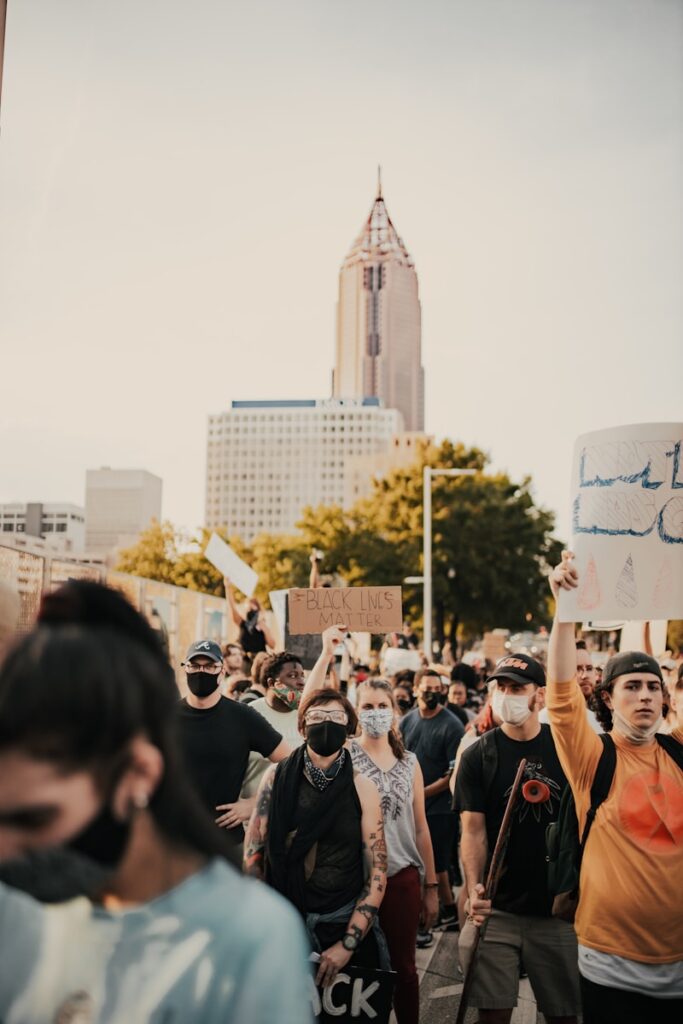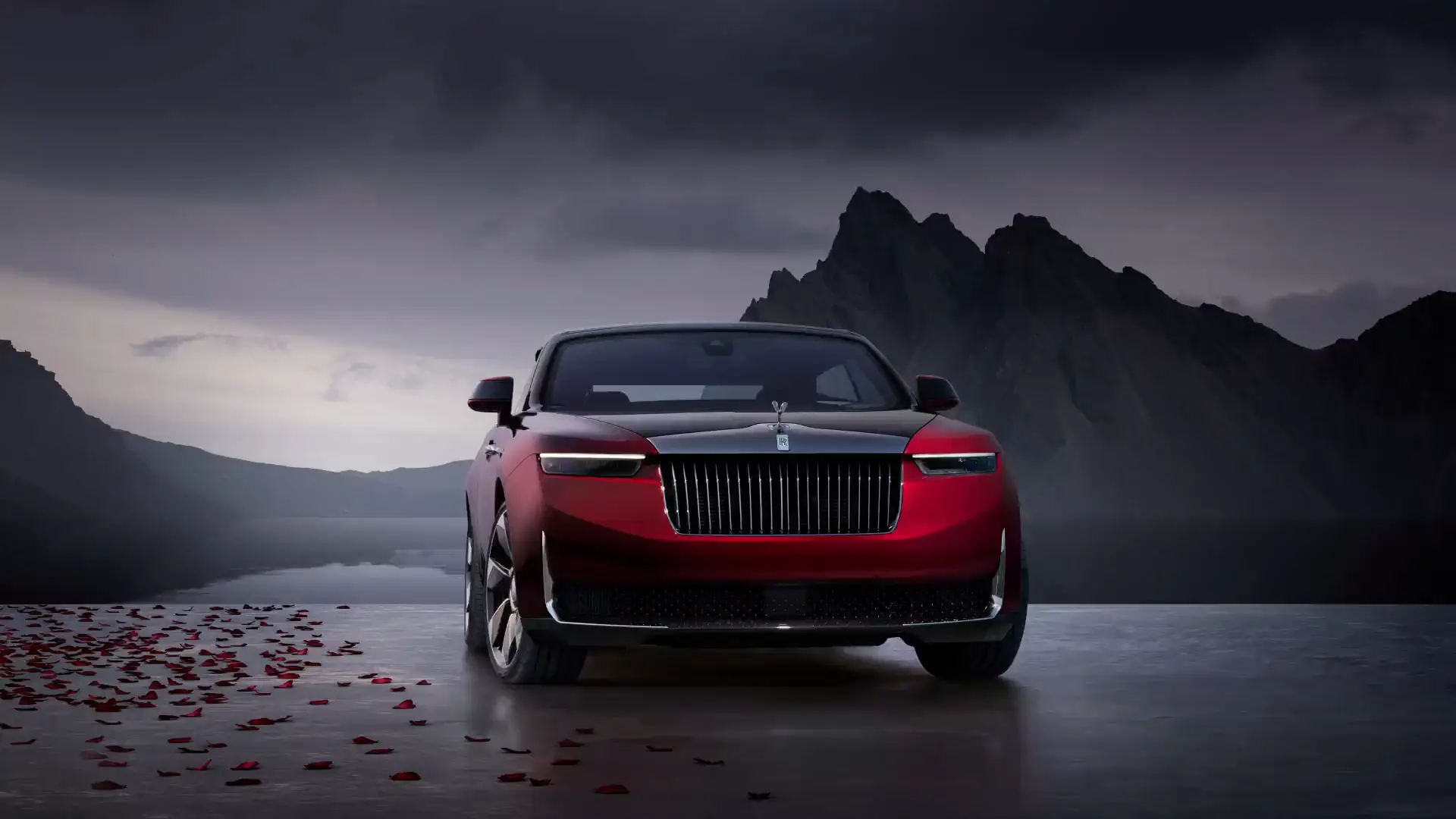
Early Life and Education
Emmanuel Jean-Michel Frédéric Macron was born on December 21, 1977, in Amiens. Since 2017, he has served as the President of France and Co-Prince of Andorra. His tenure has been characterized by significant domestic reforms and an active foreign policy agenda. At the age of 39, he became the youngest president in French history, following a career in philosophy, public administration, and investment banking. Guided by centrist and pro-European ideals, these principles continue to influence his governance and approach to international relations.
Raised in a family with strong academic backgrounds, Macron’s mother, Françoise Macron, was a physician, while his father, Jean-Michel Macron, was a professor of neurology at the University of Picardy. Although he grew up in a non-religious household, he chose to be baptized as a Catholic at 12, though he now identifies as agnostic. His maternal grandmother, Germaine Noguès, known to him as “Manette,” nurtured his passion for reading and shaped his progressive political outlook.
Macron’s education began at the Jesuit Lycée la Providence in Amiens. He later attended the prestigious Lycée Henri-IV in Paris, completing his secondary studies with distinction. He also earned a piano diploma from the Amiens Conservatory. At Paris Nanterre University, he studied philosophy, earning a DEA degree with a thesis on Machiavelli and Hegel. During this period, he worked as an editorial assistant to philosopher Paul Ricoeur and served on the editorial board of Esprit magazine.
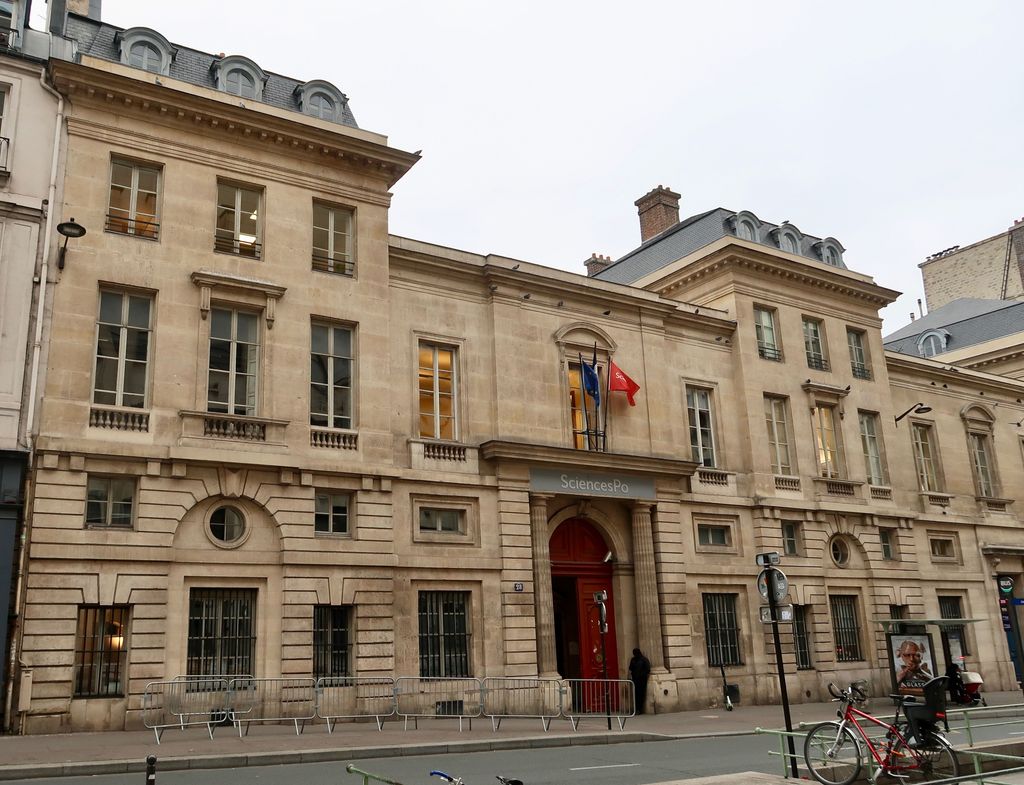
Academic and Professional Foundations
Macron pursued public affairs at Sciences Po, specializing in “Public Guidance and Economy.” He then entered the École nationale d’administration (ENA), a leading institution training senior civil servants, graduating in 2004. His training included placements at the French Embassy in Nigeria and the prefecture of Oise.
After ENA, Macron joined the Inspectorate General of Finances, serving as an Inspector, while also lecturing at IPESUP, a private preparatory school. In 2007, he became deputy rapporteur for Jacques Attali’s “Commission to Unleash French Growth,” focusing on economic liberalization.
In 2008, he moved to the private sector, paying €50,000 to leave his government contract and joining Rothschild & Cie Banque as an investment banker. He assisted in major transactions, including Crédit Mutuel Nord Europe’s acquisition of Cofidis and the recapitalization of Le Monde. In 2010, he became a partner and managed Nestlé’s €9 billion acquisition of Pfizer’s infant nutrition division, a deal that reportedly made him a millionaire. He left the firm in 2012.
Political Rise and Ministerial Role
Macron’s political engagement began with the Citizens’ Movement in his youth and membership in the Socialist Party until 2009. He joined François Hollande’s staff in 2010 and, following Hollande’s election, was appointed Deputy Secretary-General of the Élysée in 2012.
In August 2014, he became Minister of Economics and Industry in the second Valls Cabinet, the youngest to hold the position since 1962. Known for his pro-European and liberal stance, he introduced the Macron Law to liberalize economic activities such as Sunday work, public transportation, and professional regulations. Prime Minister Manuel Valls invoked the 49.3 procedure to pass the bill in 2015. Macron also oversaw changes to Renault’s shareholding structure and supported the Florange law, while gradually distancing himself from the Socialist Party.
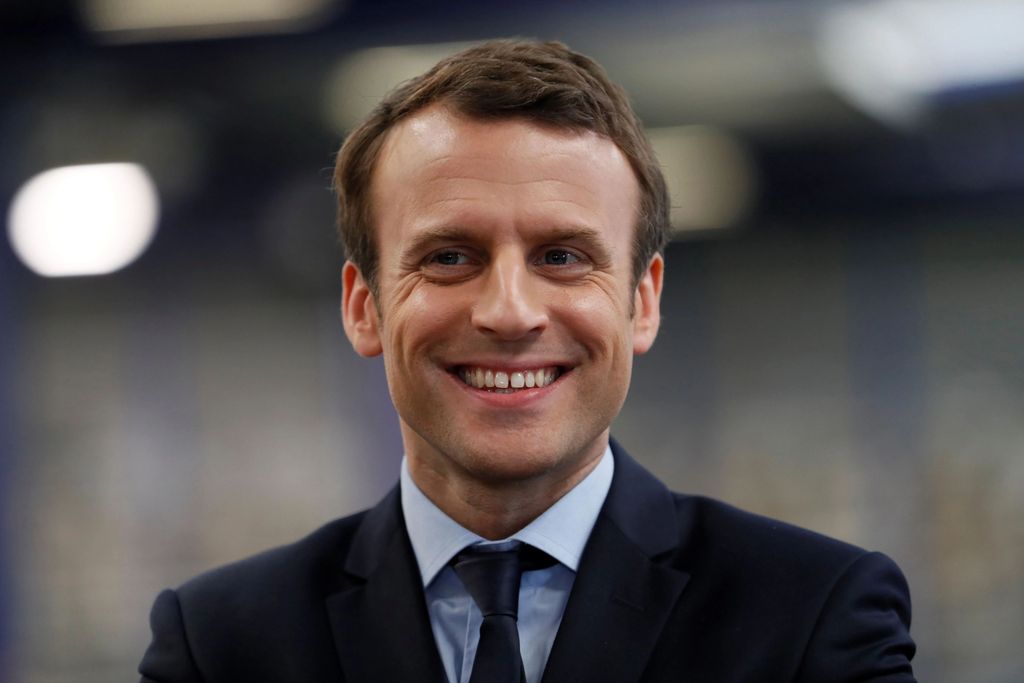
Founding En Marche and Presidential Campaign
On April 6, 2016, Macron launched En Marche, an independent political movement in Amiens. His resignation from government in August 2016 allowed him to focus fully on the movement. Public opinion polls showed strong support for his decision.
He declared his presidential candidacy on November 16, 2016, promising a “democratic revolution” and publishing his book Révolution. Refusing to participate in the Socialist primary, he built an independent campaign supported by prominent figures such as Gérard Collomb. His campaign raised €3.7 million by December 2016, outpacing rivals.
Macron released his formal program on March 2, 2017, and gained endorsements from centrist and centre-right politicians, as well as the Grand Mosque of Paris. In the first round of voting on April 23, 2017, he led with 24% of the vote and advanced to face Marine Le Pen. International leaders including Jean-Claude Juncker, Angela Merkel, and Barack Obama expressed support. On May 7, 2017, Macron won the presidency with 66.1% of the vote, becoming the first president born after the founding of the Fifth Republic in 1958.
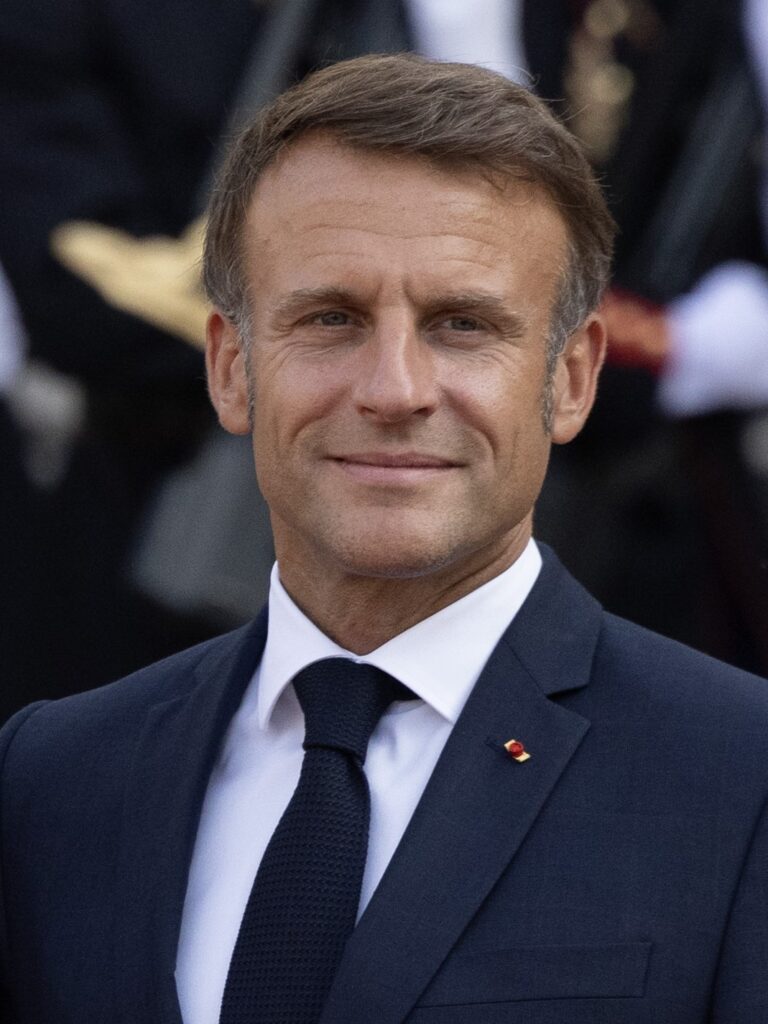
First Presidential Term
Upon taking office on May 14, 2017, Macron appointed Édouard Philippe as Prime Minister and met with German Chancellor Angela Merkel to reinforce Franco-German cooperation. His party, La République En Marche, won a parliamentary majority in the legislative elections, though Senate results were less favorable.
Key domestic reforms included anti-corruption legislation banning family employment for elected officials, labor law changes to enhance employer flexibility, and measures addressing asylum and immigration. Macron also introduced tax reforms, replacing the wealth tax with a levy on real estate assets.
His proposed overhaul of the pension system, aimed at unifying it into a single state-managed framework, encountered public resistance and was eventually postponed due to the COVID-19 pandemic. His administration also passed new anti-terror legislation, replacing the state of emergency with permanent measures.
On foreign policy, Macron emphasized combating terrorism, strengthening the European Union, and maintaining the Iranian nuclear deal. He advocated for an independent European defense capability and engaged in major diplomatic initiatives with global powers.
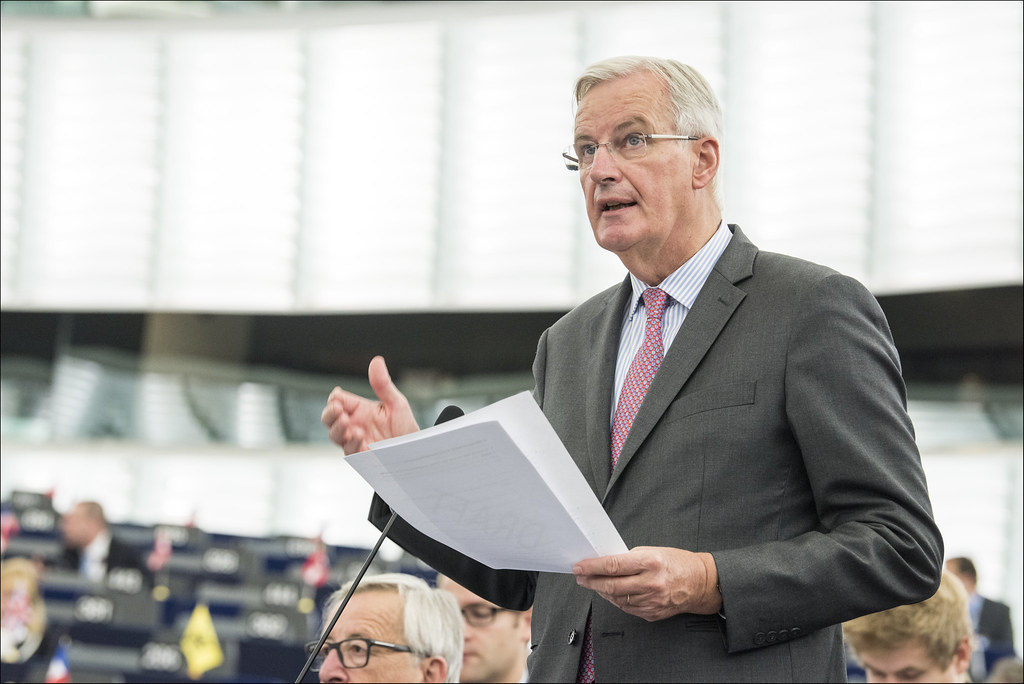
Second Term and Political Challenges
Reelected in 2022, Macron became the first president since Jacques Chirac to secure a second term. However, his coalition lost its parliamentary majority, resulting in a minority government. This created greater complexity in advancing reforms.
In 2023, Prime Minister Élisabeth Borne’s government passed a law raising the retirement age from 62 to 64, sparking widespread opposition. In 2024, following a government reshuffle, Gabriel Attal became Prime Minister. After the coalition’s defeat in the European Parliament elections, Macron dissolved the National Assembly, leading to another hung parliament.
Later in 2024, Michel Barnier briefly served as Prime Minister before being replaced by François Bayrou. This rapid succession of leadership highlighted the challenges of maintaining political stability during Macron’s second term.
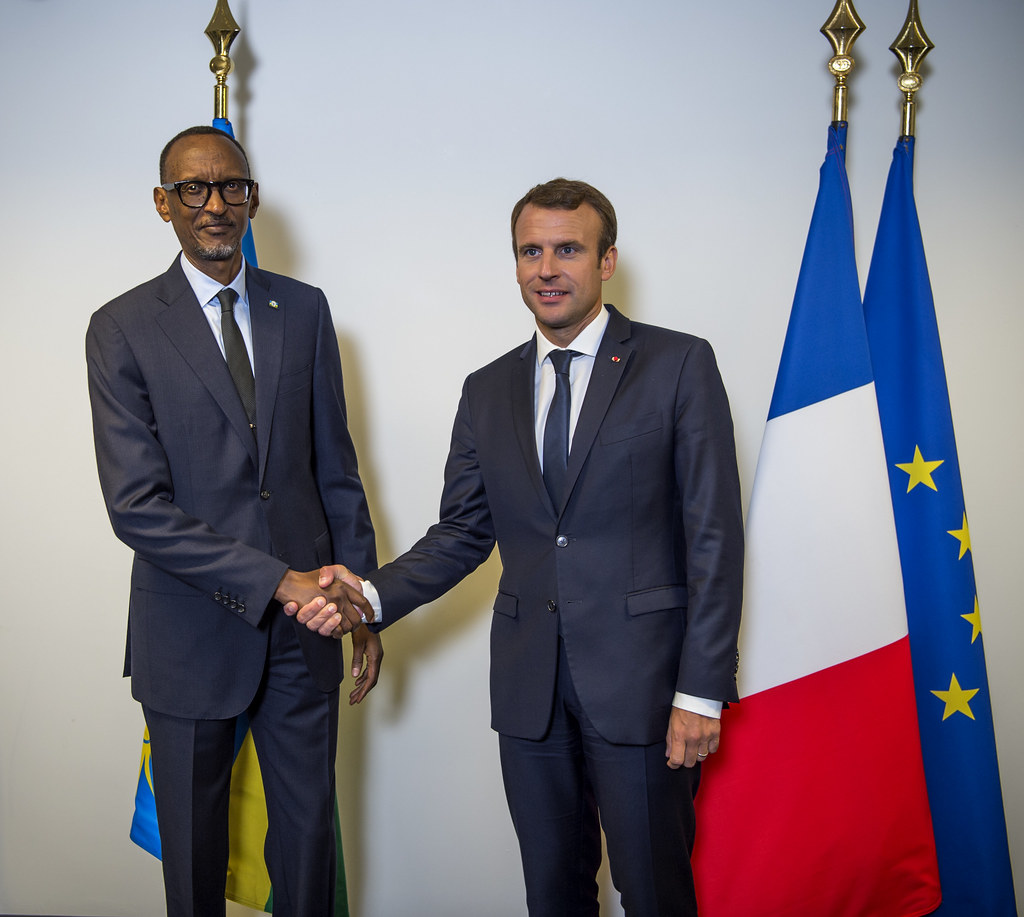
Macron’s presidency has been defined by economic reforms, institutional modernization, and active diplomacy. His leadership style reflects a balance between domestic policy innovation and a prominent international role. As France continues to navigate internal political fragmentation and shifting global dynamics, Macron remains a central figure in shaping the nation’s trajectory within Europe and beyond.

